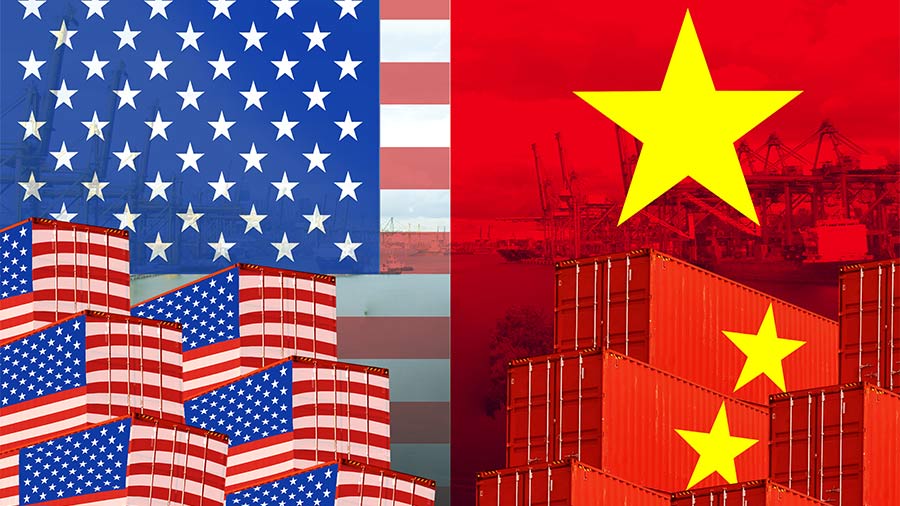Vietnam to Increase Special Consumption Tax on Imported Cars
HCMC – As Vietnam continues to attempt to build up its domestic auto industry, the Ministry of Finance has announced that it has drafted a plan to increase the special consumption tax (SCT) on imported cars by changing the basis on which the tax is calculated. The Vietnamese government has been concerned that the current method of SCT calculation has resulted in a competitive advantage for importers – the new method seeks to correct this imbalance.
The special consumption tax is a form of excise tax that applies to the production or importation of specific goods and to certain services; please see below for an in-depth explanation. The current SCT rates on automobiles with fewer than nine seats range from 45 percent to 60 percent, depending on engine capacity.
 RELATED: Dezan Shira & Associates’ International Tax Planning Services
RELATED: Dezan Shira & Associates’ International Tax Planning Services
As a result of the new method of calculation, there will be an average increase of five percent on imported car prices. This will mean that domestic sale fees will be added to the total value of cost, insurance, freight, and import tariff costs. Domestic sale fees cover the cost of services such as:
- Advertising
- Displays
- Transportation
- Warranties
The Finance Ministry has stated that it will provide a period within which stakeholders who are affected by the tax change will be able to give their opinions on the new method. The new SCT plan is scheduled to be submitted for approval next month and would go into effect January 1, 2016.
 RELATED: Vietnam Auto Industry could have Fastest Growth in Southeast Asia, but Challenges Remain
RELATED: Vietnam Auto Industry could have Fastest Growth in Southeast Asia, but Challenges Remain
Many companies are currently reconsidering their Vietnam business strategy in reaction to the ASEAN tax cut roadmap that Vietnam must follow. The ASEAN Trade in Goods Agreement, which will be implemented in 2018, will allow cars to be imported duty-free from other ASEAN countries. This may result in Vietnam becoming increasingly dependent on foreign vehicles as import taxes levied on automobiles will sharply drop or be exempted following the roadmap of tariff reduction commitments resulting from the trade agreement.
Understanding Vietnam’s special consumption tax
According to SCT Law, SCT is levied on the production and importation of 11 categories of products and six types of services that are considered to be luxurious or non-essential. Generally, goods and services subject to SCT are also subject to VAT. The basis of VAT calculation is the selling price plus the SCT. For imported products, VAT is imposed on the dutiable value plus import duties plus SCT.
Below we provide the SCT rates for a range of commonly imported products:
- Cigars and cigarettes: 65 percent
- Alcohol and wine: 25-50 percent
- Beer: 50 percent
- Petrol: 10 percent
Also, certain services are subject to SCT, these include:
- Casino and jackpot games: 30 percent
- Massage and karaoke: 30 percent
- Golf: 20 percent
Certain goods are exempt from SCT, these include:
- Goods manufactured and directly exported or sold to authorized agents for export
- Imported goods including:
- Humanitarian aid and non-refundable aid goods
- Goods temporarily imported for re-export, or temporarily exported for re-import during the tax-free period
- Airplanes and yachts for sale and transport of passengers and goods
- Goods imported to non-duty areas, domestic goods sold to non-duty areas (exclusive of automobiles with less than 24 seats)
 RELATED: Dezan Shira & Associates’ Tax and Compliance Services
RELATED: Dezan Shira & Associates’ Tax and Compliance Services
Tax refund
SCT is levied on each goods item only once. SCT refunds are available for exported goods upon request of the taxpayers in the following cases: goods temporarily imported for re-export, raw materials imported for manufacture, or processed goods for export.
In case items subject to SCT are produced from materials for which the SCT was already paid, the SCT already paid for the materials will be deducted when calculating SCT for their productions.
|
Asia Briefing Ltd. is a subsidiary of Dezan Shira & Associates. Dezan Shira is a specialist foreign direct investment practice, providing corporate establishment, business advisory, tax advisory and compliance, accounting, payroll, due diligence and financial review services to multinationals investing in China, Hong Kong, India, Vietnam, Singapore and the rest of ASEAN. For further information, please email vietnam@dezshira.com or visit www.dezshira.com. Stay up to date with the latest business and investment trends in Asia by subscribing to our complimentary update service featuring news, commentary and regulatory insight. |
Import and Export: A Guide to Trade in Vietnam
In this issue of Vietnam Briefing Magazine, we provide you with a clear understanding of the current business trends related to trade in Vietnam, as well as explaining how to set up your trading business in the country. We also attempt to give perspective on what will be Vietnam’s place in the Association of Southeast Asian Nations (ASEAN) in 2015, and look at some of the country’s key import and export regulations.
 Using Vietnam’s Free Trade & Double Tax Agreements
Using Vietnam’s Free Trade & Double Tax Agreements
In this issue of Vietnam Briefing we explore how Vietnam’s Free Trade Agreements – and especially those via its membership in ASEAN – will affect foreign investment into Vietnam. We also go a step further and examine the specific, bilateral Double Tax Agreements that Vietnam has enacted, and how these can be further used to minimize profits and withholding taxes that would otherwise be levied upon foreign investors.
 Developing Your Sourcing Strategy for Vietnam In this issue of Vietnam Briefing Magazine, we outline the various sourcing models available for foreign investors – representative offices, service companies and trading companies – and discuss how to decide which structure best suits the sourcing needs of your business.
Developing Your Sourcing Strategy for Vietnam In this issue of Vietnam Briefing Magazine, we outline the various sourcing models available for foreign investors – representative offices, service companies and trading companies – and discuss how to decide which structure best suits the sourcing needs of your business.
- Previous Article ASEAN Rules of Origin To Be Key In China – Vietnam Trade
- Next Article Vietnam to Raise its Tax on Natural Resources

































